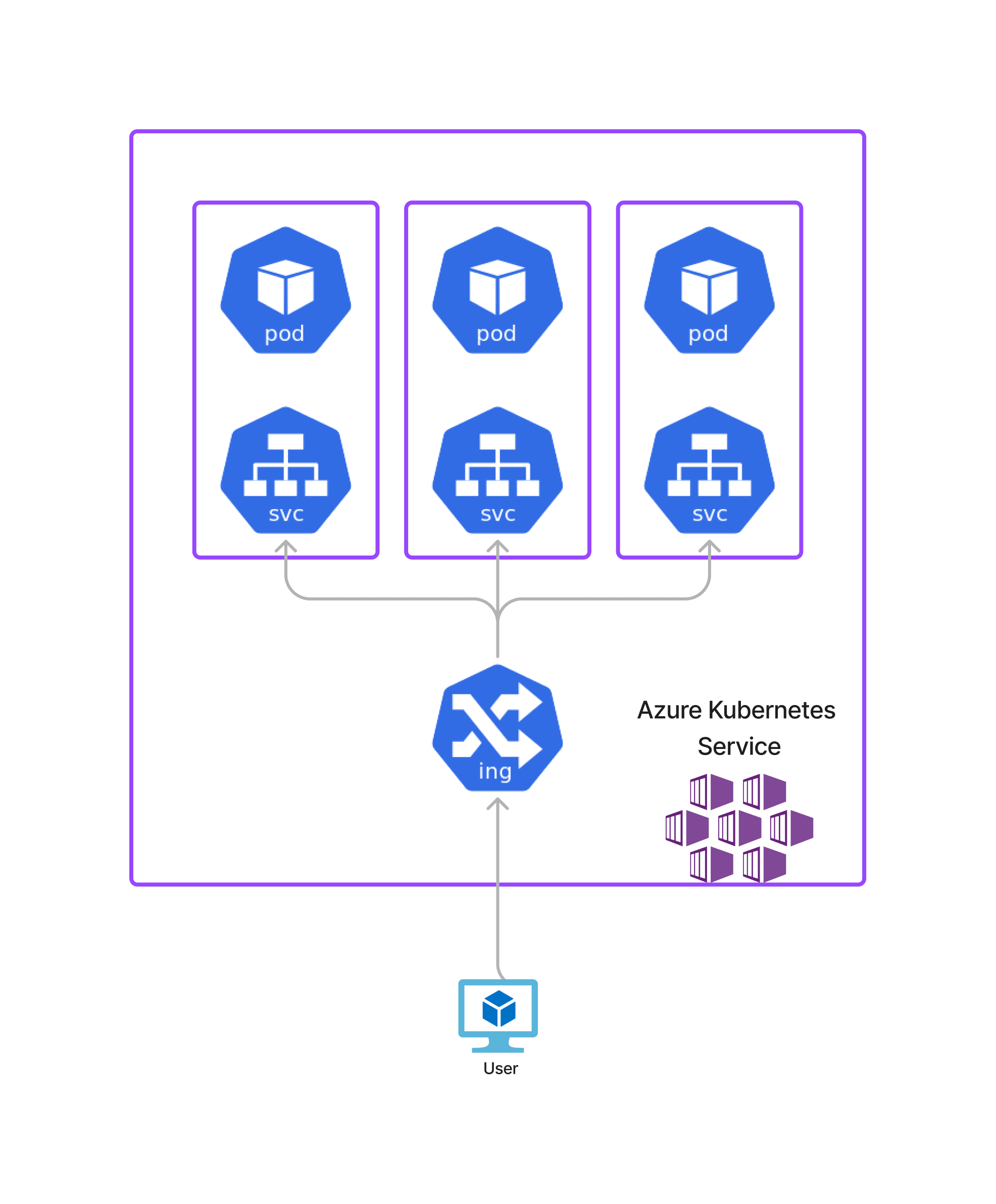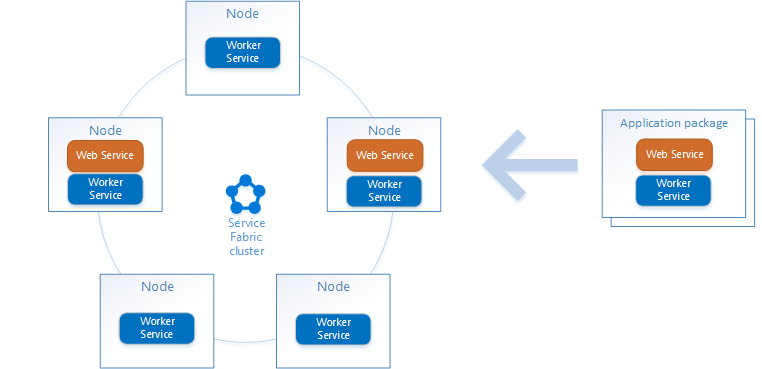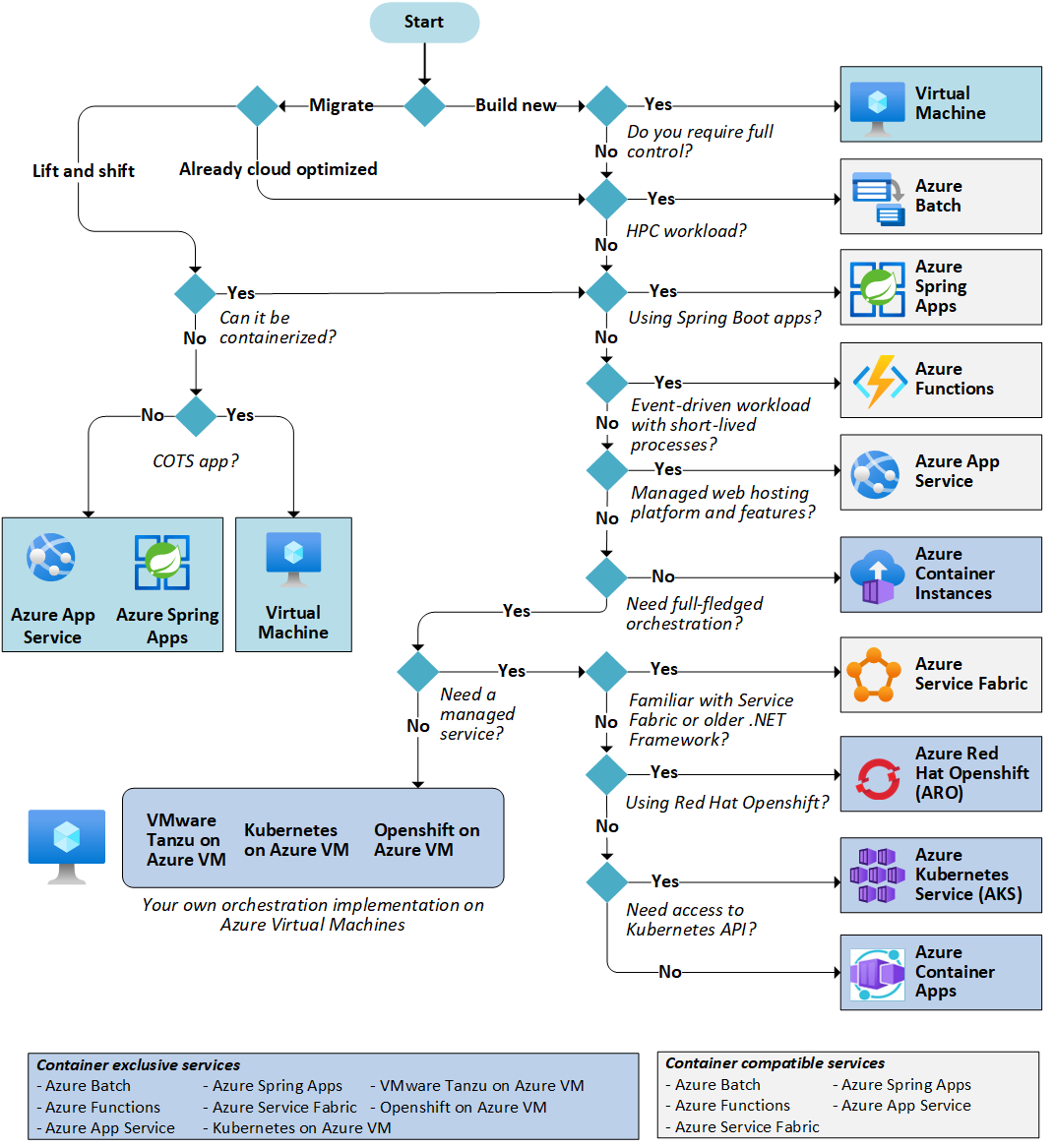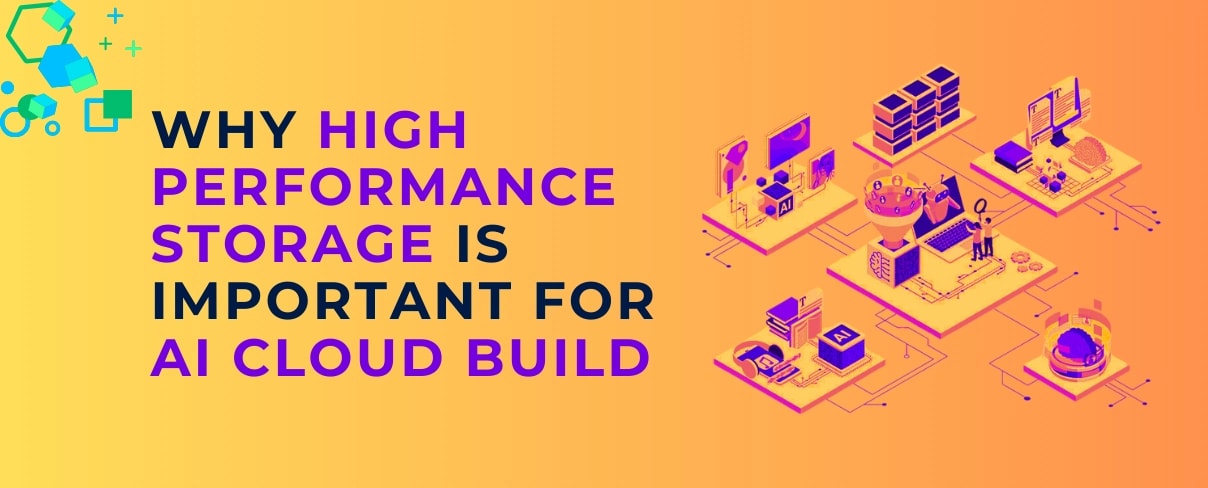Microservice is an architectural and organizational approach to software development where software is composed of small independent services that communicate over well-defined APIs. It is difficult to talk about microservices without talking about containers. These services are containerized and deployed on a container platform such as Docker.
Before exploring various services provided by Microsoft Azure, let’s quickly learn about the container. A container image has the software and its dependencies packaged into an immutable artifact. Each change in the Image forms a layer. Containerization helps developers to create and deploy applications faster and more securely.
Microsoft Azure provides various services to run the containers in their cloud computing platform. In this article, you will learn about some of the services available in Azure for container deployment.
Azure Container Instances (ACI)

Azure Container Instances (ACI) is a service to operate containers in an isolated environment, without worrying about its orchestration. Some of the use cases of ACI are data processing, event-driven applications, running containers for immediate use with minimal effort, short-lived batch jobs, and running development or test environments.
ACI provides excellent flexibility, allowing you to deploy individual containers or multi-container applications. It can be considered as a low-level "building block" option compared to Container Apps. Advanced features like autoscaling, load balancing, and automatic certificates are not provided by ACI.
Azure Kubernetes Service (AKS)

Azure Kubernetes Service (AKS) is a fully managed container orchestration service, built on the popular Kubernetes platform. AKS provides a managed control plane, reducing the operational overhead in running the Kubernetes cluster. AKS simplifies the deployment, management, and scaling of containerized applications. It provides features like automated scaling, load-balancing, and self-healing capabilities including all features of upstream Kubernetes. AKS is suitable for complex, production-grade applications that require high availability, scalability, and control. Additionally, AKS integrates natively with other Azure services like Azure DevOps integration, Azure Active Directory authentication, and Azure Monitor.
Azure Service Fabric

Azure Service Fabric is Microsoft's distributed Platform-as-a-Service (PaaS) used to build and deploy microservices-based cloud applications. It supports both containerized and non-containerized workloads. With Service Fabric, you can deploy containers to a managed cluster and take advantage of its robust scalability, high availability, and automatic scaling features.
Service Fabric addresses the significant challenges in developing and managing cloud apps. Service Fabric can deploy Docker and Windows Server containers. It also supports arbitrary executables and direct, code-level integrations as stateful services that can run alongside containerized services. Users can integrate with Azure Pipelines, DevOps Services, Monitor, and Key Vault within the scope of a Service Fabric application. Service Fabric is a good choice for running applications with complex inter-service communication and stateful requirements.
Azure Functions with Containers
Azure Functions allows you to run serverless functions deployed as containers. It combines the flexibility of containers with the event-driven, pay-per-execution model of Azure Functions. With this option, you can build and deploy serverless applications packaged as containers.
Azure Functions with containers offers seamless integration with other Azure services, event sources, and triggers. It is suitable for scenarios where you want to leverage serverless capabilities while maintaining the control and portability of containerized applications. When you create a Functions project using Azure Functions Core Tools and include the --docker option, core tools also generates a Dockerfile that you can use to create your container from the correct base image.
Azure App Service
App Service is a Platform as a Service (PaaS) offering from Microsoft. Typically it is used to host HTTP-based web applications, REST APIs, and backend services for mobile applications. You can write these applications in your favorite language, be it .NET, .NET Core, Java, Ruby, Node.js, PHP, or Python. It includes automatic scaling, continuous deployment, and built-in support for popular programming languages and frameworks.
It enables developers to focus on creating outstanding applications rather than worrying about infrastructure administration and also offers a comprehensive range of tools for developing, deploying, and monitoring apps, as well as integration with Azure DevOps and other popular DevOps tools. It provides a simple and intuitive deployment experience and is suitable for lightweight, web-focused containerized applications.
How to decide which one is a good fit?
The Azure team has shared this decision tree that can be helpful to identify which service is right for your use case.

Credits: Microsoft documentation
Service Comparison
I have tried to sum up the use cases and benefits in the below table.
| Azure Services | Use cases | Benefits |
|---|---|---|
| Azure Container Instances (ACI) | Running containers instantly, batch jobs | No infrastructure managment, quick and easy deployment |
| Azure Kubernetes Service (AKS) | High availability and scalability, critical services | Higher reliability and control, fully managed orchestration, more control |
| Azure Service Fabric | Good for microservices based application, app has complex inter-service communication | Robust scalability, high availability, and built support for state management |
| Azure functions with Containers | Serverless and event-driven applications | serverless execution and seamless integration with other services, low cost |
| Azure App Services | Web applications, light-weight services | fully managed platform, automatic scaling and load balancing, seamless integration with other Azure services |
Conclusion
Azure offers a comprehensive set of options for deploying containerized applications, catering to a wide range of scenarios and requirements. Whether you prefer serverless execution, container orchestration, microservices architecture, or a combination of these approaches, Azure has a solution. By leveraging these services you can take advantage of Azure's scalability, reliability, and integration capabilities to deploy and manage your containerized applications with ease. Choose the option that best aligns with your application's needs and start realizing the benefits of containerization in Azure. If you need additional help in understanding the right choice, please don't hesitate to contact us.
About the Guest Author
Smita, previously an IT Trainer, dedicated numerous years to assisting individuals and organizations in gaining knowledge about diverse technologies and software development methodologies. Currently, her growing fascination lies in the realm of DevOps, prompting her to delve deeper into research within this field. Smita possesses a profound passion for writing and takes pleasure in disseminating the knowledge she acquires along her journey.
Unlock the power of Azure's containerized solutions for your applications.
Discover the best approach for your needs and start leveraging Azure's scalability and reliability today. Need guidance?




